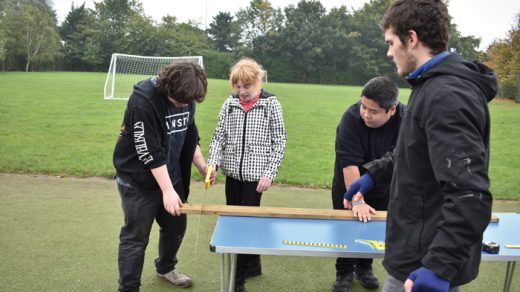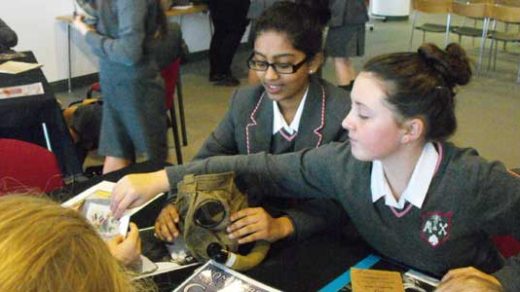Ban all selling of vapes to children, urges Children’s Commissioner

Today, the Children’s Commissioner has urged the government should ban the vaping industry from selling ‘nicotine-free’ vapes to under-18s and end the sale of disposable vapes amid growing concerns about the impact on children’s health and wellbeing.
New research, which draws together findings from a nationally representative survey of over 3,500 children aged 8-17 and their parents, as well as qualitative data from The Big Ask, indicates that children’s experiences of school are being negatively affected by vaping.
Children reported worries about peer-pressure and being exposed to promotion of vaping on social media.
The Children’s Commissioner has expressed her concerns about the rise in the proportion of children vaping regularly. Research by the Children’s Commissioner shows that children with existing vulnerabilities, including having a social worker or a disabled parent, may be more likely to vape than those who do not.
Analysis also suggests that children who have vaped are less likely to believe that vapes are harmful than those who haven’t.
When asked what the government should do to make children’s lives better, both children and adults mentioned vaping, its health risks, and the need to prevent children from vaping, such as enforcing bans.
Parents also raised concerns about the packaging and flavourings of vapes, which attract children.
Children’s Commissioner for England, Dame Rachel de Souza said: “I am concerned by the rise in the number of children vaping in this country, particularly given the risks it poses to their health and wellbeing. It is deeply worrying to hear how children feel pressured to vape.
“We urgently need stricter regulation of this ‘Wild West’ market. It is insidious that these products are intentionally marketed and promoted to children, both online and offline. Many children who are addicted to vaping have never even smoked tobacco, with vaping acting as a gateway rather than a quitting strategy.
“Children deserve to lead long, happy, healthy lives, which is why I am unequivocal in my view that no child should be smoking or vaping. The DHSC’s consultation on youth vaping is a timely opportunity to consider the risks, and I sincerely hope it will be the catalyst for change that is so urgently needed.”
In her submission to the Department for Health and Social Care’s consultation on youth vaping, the Children’s Commissioner has made a number of recommendations to increase awareness of vaping and its health risks among children, teachers and parents.
She has also called for the NHS to provide non-judgemental health-based support to children addicted to vaping/smoking.
On the marketing of vapes to children, the Commissioner believes the sale of ‘nicotine-free’ vapes to children should be banned, and that it should be easier to issue on the spot fines for those selling vapes to children, and welcomes the government review into these issues. In addition the commissioner has called for:
• Vapes to be sold in plain packaging;
• Age-of-sale signage on vaping products be mandated in the same way that it currently is for cigarette products;
• Disposable vapes to be banned, as these are the cheapest vapes available and therefore more attractive to children.
Commenting on new survey data, Sarah Hannafin, head of policy at school leaders’ union NAHT, said: “It is worrying how vaping is becoming normalised for some young people.
“Our members have reported having to deal with incidents of vaping on school grounds and in school buildings. They are concerned about how accessible vapes seems to be to young people, as well as the safety of vapes being used and how easily they can be concealed by pupils. The equipment is easily bought and can be very small and easily hidden.
“We would support the key recommendations from this report regarding safeguarding children and young people; vapes were intended to be a tool to help people give up smoking, not to become a new addiction. Vaping also needs to be included in the RSHE curriculum – a simple addition to health education under “Drugs, alcohol and tobacco” to include reference to vaping in the primary and secondary content.
“The law is clear that you must be at least 18 years old to use and purchase vaping products. The government must do more to ensure everyone, including parents, carers and pupils, have absolute clarity on the legal position and potential consequences of breaking the law.
“Schools need to be supported to deal with incidents which do occur. But more must be done to prevent under 18s getting vaping products in the first place, whether they are buying them themselves or getting adults to purchase them on their behalf. The responsibility of retailers not to market or sell these products for use by under 18s is therefore critical.”






